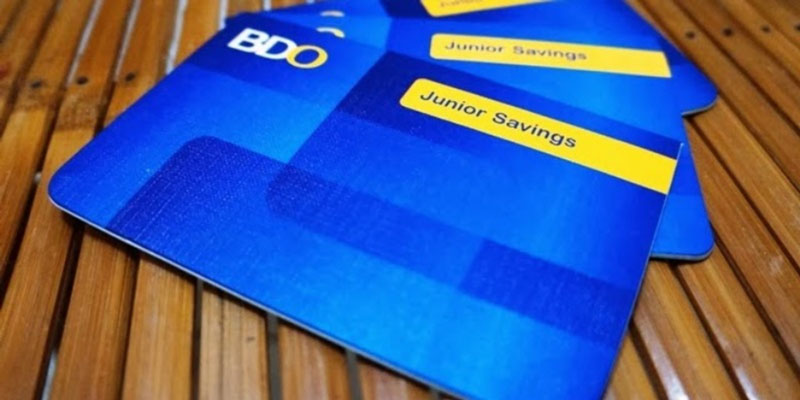Why Do Sellers Require Proof of Funds from Buyers?
Oct 29, 2022 By Susan Kelly
Before selling to a buyer, most vendors need proof that the buyer has saved enough money for a security deposit and closing expenses. A letter of pre approval isn't usually necessary. Buyer assurances are not sufficient. Some vendors worry that the buyer they have signed a contract with won't be able to follow through and close on the deal. The vendor may ask for evidence of finances when you make a mortgage application or loan. The letter of financial commitment indicates that you can pay for the agreed-upon sales price. Proof that a preapproval letter is not always sufficient to sway a seller. Various approaches may be used to demonstrate to the seller that you have the money to buy a house.
Define A Letter Demonstrating Sufficient Funds

The ability to pay the nonrefundable deposit and closing charges is verified by the homeowner's proof of funds letter. The procedure for verifying a buyer's ability to pay for a down payment or the full purchase price in cash to avoid a mortgage is similar. It is expected that the purchaser will provide some proof of purchase. Loan officers may occasionally verify the paperwork. Most of the time, the seller and seller's agent will need physical delivery of the document. In certain cases, buyers may have difficulty proving they have the necessary finances because of how they keep their savings. For example, if they like to keep their cash under the mattress, it probably won't translate effectively into a proof of funds letter. It may also be difficult to deposit that sum of money into a bank.
Why Do Buyers Need To Provide Proof That They Have The Funds?
Because a real estate professional has likely recommended the seller to maintain the listing until the agency obtains evidence of finances from the buyer, it is common practice for the seller to request such documentation. The buyer's ability to fulfill their financial obligations is reassured when the buyer shows the seller evidence of money. If that's the circumstance, the seller will likely hold the property for the buyer until the sale is finalized. Purchase agreements often need an initial earnest money deposit, but with the closure of escrow, the remaining down payment, including closing charges, might require even more money. Closing fees for a buyer might add up to three percent or more of the purchase price.
Who Are Cash Buyers?

A "cash buyer" seems to be a buyer who can pay in whole at closing time. No mortgage or loan is needed; only cold hard cash. Cash buyers are rare, and many would-be purchasers probably aren't one of them. If the funds are not immediately accessible, the buyer does not represent a cash buyer. They made an offer that was conditional on something else taking place. To qualify for pretty tough loans, some purchasers would pretend that their cash offers are real cash. Such conduct would be illegal in many jurisdictions and is a breach of contract. In certain cases, the shorter closing period of an all-cash offer (as little as around two weeks) might be enticing.
Conclusion
The vendor will demand proof that you can follow through with the purchase. A letter verifying sufficient funding would serve this purpose. A "Proof of Funds" letter, sometimes known as a "POF" letter, is just a document demonstrating the availability of liquid funds. You may use your resources or those of banks or finance companies through joint venture (JV) partners to get financing. Your letter should demonstrate that your offer is sincere and that you are a serious buyer. With a Proof of Funds letter in hand, your offer may be given additional weight if numerous parties submit bids for the same item. To avoid spending time on a high-ball offer made by someone who can't truly deliver and missing out on other valid offers, sellers want to have Proof of Funds letters included with offers.





